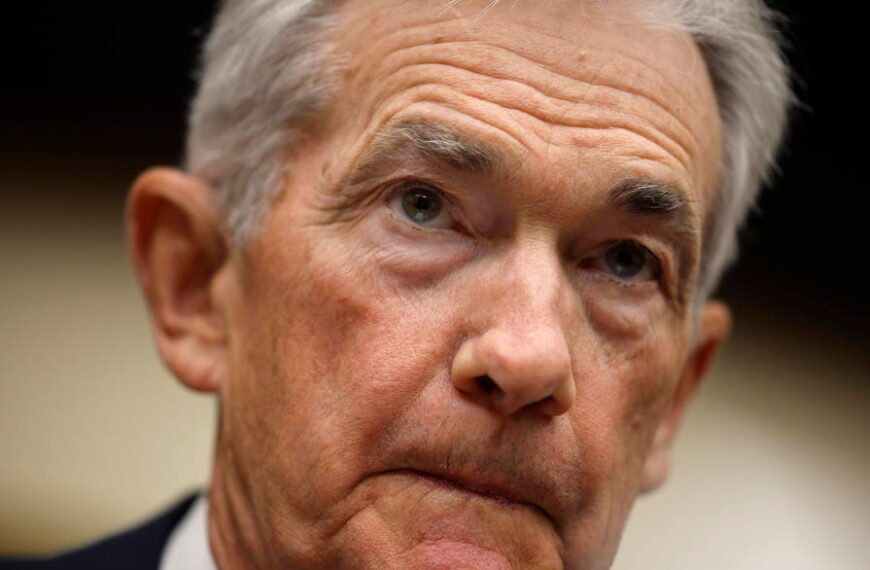IMF Pressures El Salvador to Halt Public Sector Bitcoin Purchases Under $1.4B Deal
Introduction
The International Monetary Fund (IMF) has recently issued significant mandates to El Salvador, calling for the nation to halt public Bitcoin purchases and to phase out support for the Chivo Bitcoin wallet by July 2025. This directive comes as part of the conditions tied to a vital $1.4 billion loan agreement aimed at stabilizing the country’s economy. The situation reflects ongoing economic struggles, increasing debt levels, and a lack of widespread Bitcoin adoption, signaling potential challenges in President Nayib Bukele’s ambitious cryptocurrency strategy.
Key Mandates from the IMF
As stated in the IMF’s press release, El Salvador is required to adhere to several critical conditions:
To ensure compliance, the IMF has scheduled regular reviews throughout 2025, providing a structured mechanism to monitor El Salvador’s progress in adhering to these mandates.
Recent Developments in El Salvador’s Bitcoin Strategy
Despite the IMF’s restrictions, El Salvador has continued to accumulate Bitcoin. In late February and early March 2025, the nation bought a total of 12 BTC, increasing its holdings to 6,100 BTC. This decision raises questions about the government’s commitment to its own economic strategy, especially in light of the IMF’s directives.
Legislative Changes and Business Implications
In a significant policy shift, the Salvadoran Congress has amended legislation that once mandated businesses to accept Bitcoin alongside the U.S. dollar. This change, passed with overwhelming support, allows businesses to decide whether or not to accept Bitcoin as payment. While this decision reflects a move towards flexibility for businesses, it marks a departure from the initial aggressive promotion of Bitcoin by the government.
Economic Challenges and Implications
El Salvador’s economic landscape has been marked by notable challenges since the adoption of Bitcoin. The country experienced a GDP contraction of 0.20% in the third quarter of 2024, indicating difficulties in maintaining economic momentum. Moreover, the fiscal deficit has widened, reaching 4.7% of GDP in 2023, raising concerns over rising public debt, which peaked at 84.9% of GDP.
Public Sentiment and Bitcoin Adoption
Surveys have shown that Bitcoin has not achieved significant traction among the Salvadoran population. Reports indicate that approximately 85% of residents do not use Bitcoin for daily transactions. This lack of adoption is critical, as it undermines the intended economic benefits that President Bukele envisioned when promoting Bitcoin as a tool for growth and investment.
Future Implications for El Salvador
The IMF’s stringent conditions represent a turning point for El Salvador’s approach to cryptocurrency. Non-compliance with these conditions could jeopardize the disbursement of remaining funds from the loan, potentially exacerbating the nation’s fiscal challenges. The government’s ability to manage its Bitcoin investments and the transparency of its financial practices will be scrutinized closely by both the IMF and the public.
Frequently Asked Questions (FAQs)
What happens if El Salvador fails to comply with the IMF’s conditions?
Non-compliance could threaten the disbursement of funds from the $1.4 billion loan, leading to increased fiscal difficulties and reduced investor confidence.
How will the phasing out of Chivo affect daily transactions?
As support diminishes, users may find the Chivo wallet less reliable, prompting a potential shift back to traditional banking services.
What measures is El Salvador implementing to enhance financial transparency?
The government is required to publish audited financial statements and disclose its Bitcoin reserves to ensure greater accountability.
How does the low adoption rate of Bitcoin impact the country’s economic strategy?
Low adoption rates challenge the effectiveness of Bitcoin as a growth tool, prompting the government to reconsider its digital currency initiatives.
Conclusion
The recent IMF mandates present both a challenge and an opportunity for El Salvador. As the nation navigates its economic hurdles, the focus on transparency and accountability in its Bitcoin strategy will be crucial in determining its future financial stability. With rising debt and limited public adoption of cryptocurrency, the Bukele administration must reassess its approach to effectively align with the evolving economic landscape and regulatory expectations. The outcomes of these developments will not only influence El Salvador’s fiscal health but also serve as a significant case study for other nations considering similar paths in the cryptocurrency realm.





